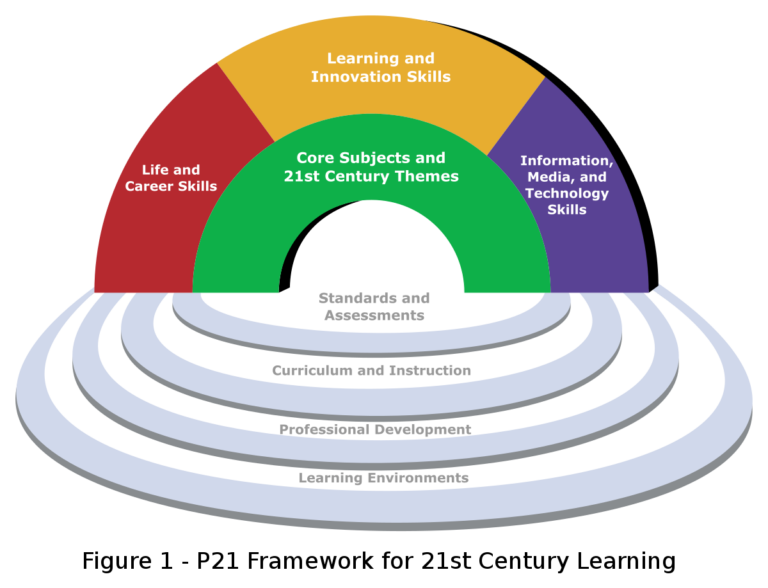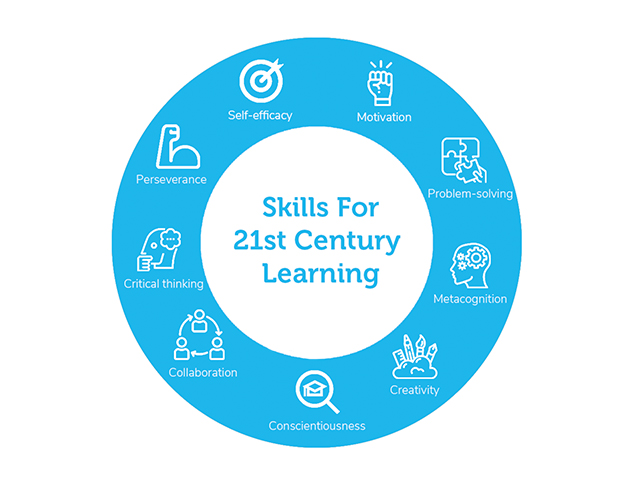Our Online Courses
21st Century Skill Requirements in Education
1.Introduction
In today’s article, we are going to discuss 21st-century skills. So what do you understand when I say skill actually in current era skill is the most important currency you should know important skills to survive in this competitive world where technology is growing and changing so fast.
Just for example when you read the manual for driving the vehicle, you get knowledge of how that vehicle works but it doesn’t mean that you learn to drive just after reading the script, they need to practice the driving skills to drive safely. In a similar way, we are expecting from students just after giving them theoretical knowledge that they should perform well when its time to build their career, and as they lack in the implementation part of knowledge they gain in the education system, they fail to crack interviews and need to search for easily doable jobs and that’s how our country facing the issue of underemployment means even after taking good education they are not earning the expected amount of salary or positions.
Here we come to our topic of this article that :
- What are those skills we should learn to perform well?
- What are the emerging trends for the current market requirement?
- Whether we should continue giving 90% theoretical knowledge?These and many more questions arise…
Recently we face the demonetization of currency in our country, now it’s time for the demonetization of educational policies and methodologies. Now as per “National Education Policy 2020” major changes have been made in the existing education system few of them are as follows :

2.Curriculum and Pedagogy in Schools:
Learning Should be Holistic, Integrated, Enjoyable, and Engaging Restructuring school curriculum and pedagogy in a new 5+3+3+4 design 4.1. The curricular and pedagogical structure of school education will be reconfigured to make it responsive and relevant to the developmental needs and interests of learners at different stages of their development, corresponding to the age ranges of 3-8, 8-11, 11-14, and 14-18 years, respectively. The curricular and pedagogical structure and the curricular framework for school education will therefore be guided by a 5+3+3+4 design, consisting of the Foundational Stage (in two parts, that is, 3 years of Anganwadi/pre-school + 2 years in primary school in Grades 1-2; both together covering ages 3-8), Preparatory Stage (Grades 3-5, covering ages 8-11), Middle Stage (Grades 6-8, covering ages 11-14), and Secondary Stage (Grades 9-12 in two phases, i.e., 9 and 10 in the first and 11 and 12 in the second, covering ages 14-18).

- 21stCentury Skills:
Educators and workforce experts alike often warn that our children need improved 21st-century skills. Without these skills, they will not be able to successfully participate in the global economy. They won’t be adequately prepared for college and work.
But…
- What, exactly, are 21st-century skills?
- Are we just talking about computer and technology skills?
- And who decides which skills make the list?
It depends on who you ask.
While each framework has a slightly different list of critical 21st-century skills, all agree on four critical areas for development: - Collaboration and teamwork
- Creativity and imagination
- Critical thinking
- Problem-solving
“It is easy to see how these skills could be valuable to a new high school graduate and to employers, as well as how these skills can easily interact with one another,” according to the Hanover Research report. Others, such as the research division of the Kamehameha Schools in Hawaii, draw similar conclusions from the various frameworks on 21st-century skills.
“More than technological expertise, 21st-century skills refer to content knowledge, literacies, and proficiencies that prepare individuals to meet the challenges and opportunities of today’s world,” stated the Kamehameha Schools report, An Overview of 21st Century Skills.
Other Critical Skills for Success
The Hanover Research analysis also identifies a second tier of important 21st-century skills, present in five of the six major frameworks: - Flexibility and adaptability
- Global and cultural awareness
- Information literacy
- Leadership
The following skills were present in four of the six frameworks:
- Civic literacy and citizenship
- Oral and written communication skills
- Social responsibility and ethics
- Technology literacy
- Initiative
“The driving force for the 21st century is the intellectual capital of citizens,” said the Metiri Group in its white paper, Twenty-First Century Skills. “Political, social and economic advances in the United States during this millennium will be possible only if the intellectual potential of America youth is developed now.”

4.Conclusion:
Being an educator, we should learn and understand current scenario especially after covid-19, all over the world skill requirement has changed drastically. We all need to adapt to technology and it has brought revolutionary changes in our lifestyle, so accept and adopt the change also learn and spread the same. Make our upcoming generation especially youth well equipped with 21st-century skills.
